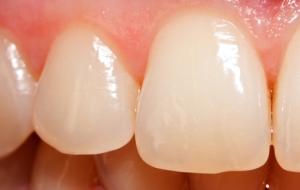Have you ever heard of how a smile is all it takes to turn a stranger into a friend? You never get a second chance to make a first impression, is your smile all that it could be? With the advancement of dental technology, there is no worry about creating a miracle – a set of yellow, broken teeth can be turned into a set of pearly white teeth that attracts all and puts people at ease.
Whether you have your own business, work for a company or even freelance, there is no denying the power and impact of a beautiful smile. Take Angeline Jolie for instance. She seems to be always smiling. And yes, smiling makes a lot of difference in our daily lives.
Imagine meeting a prospective business partner or an employer and smiling, showing yellow, broken or misaligned teeth. Yes, it can be a turn off to see a person’s unkempt teeth. If you were in the other person’s shoes, it might make you think about the person’s personality or character.
How could he or she not have enough time for personal hygiene? That might be the thought running in your head if you were the other person. Now if you are meeting a potential date with such an off-putting smile, it might be a disaster from the very beginning. So if you currently have truly dark yellow teeth, don’t worry.
With scaling or teeth whitening, a capable dentist can solve your problem. Now if the problem is slightly broken or chipped off teeth, the dental expert may propose veneers. For teeth that are badly broken or chipped off, he may suggest dental implants instead. In the case of those with badly misaligned teeth or jetting teeth, he may suggest braces.
Don’t fret about wearing braces because of your age. Honestly, it does not matter. But if you do, there is a great solution – Invisalign. It is akin to a clear mouth guard. So even if you were to wear it, nobody is really going to notice!
What’s more, you can take it off easily and quickly on your own for that all-important meeting or date. It all depends on the actual condition of your teeth. Getting the right dental treatment is very important. This is to ensure that there are no unwarranted future dental problems due to wrong application of procedure or treatment. In other words, make sure that you go to a qualified and capable dentist, one who has years of dental experience and your best interests at heart.






